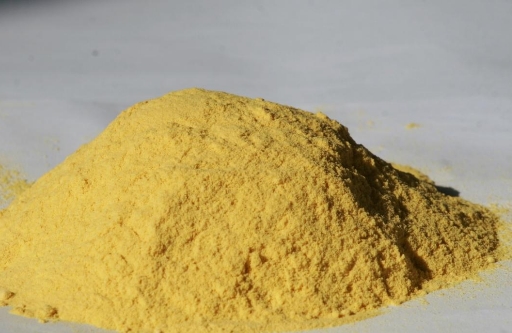Supply Phospholipid Powder,Sealed Storage
Time:2024-08-22
Phospholipids are sensitive lipid molecules that are particularly prone to oxidation. When exposed to air, the oxygen in the air can react with phospholipids, leading to a decline in their quality. This oxidation reaction increases the content of unsaturated fatty acids in phospholipids, raises the acid value, and generates a large amount of peroxides and free radicals, which is evident by an increase in the peroxide value of phospholipids. Sealed storage can effectively isolate oxygen, reducing the occurrence of oxidation reactions, thereby maintaining the quality and stability of phospholipids.
Phospholipids are also prone to absorbing moisture. Excessive humidity may cause them to absorb moisture and deteriorate. Sealed storage can effectively control the humidity level within the container, preventing the absorption of excessive moisture, thereby keeping the phospholipids dry and reducing the risk of spoilage.
Light exposure, particularly ultraviolet light, can also adversely affect phospholipids, leading to oxidation and degradation. The unsaturated fatty acids in phospholipids are susceptible to oxidation by oxygen when exposed to light, resulting in a decline in quality. Sealed storage allows phospholipids to be kept in a dark environment, minimizing the impact of light and preserving their quality.
During storage, phospholipids may also be contaminated by external substances such as dust and odors. Sealed storage provides a relatively closed environment, reducing the likelihood of external contaminants entering the container and maintaining the purity of the phospholipids.
Many manufacturers clearly state in the packaging and instructions for phospholipid products that they should be stored in a sealed manner. Following the manufacturer's recommendations is one of the key measures to ensure the quality and safety of phospholipid products.
Sealed storage of phospholipids is crucial for protecting their quality and stability. By isolating oxygen, controlling humidity, avoiding light exposure, preventing external contamination, and following the manufacturer's recommendations, the shelf life of phospholipids can be effectively extended, ensuring optimal performance during use.


 CN
CN





